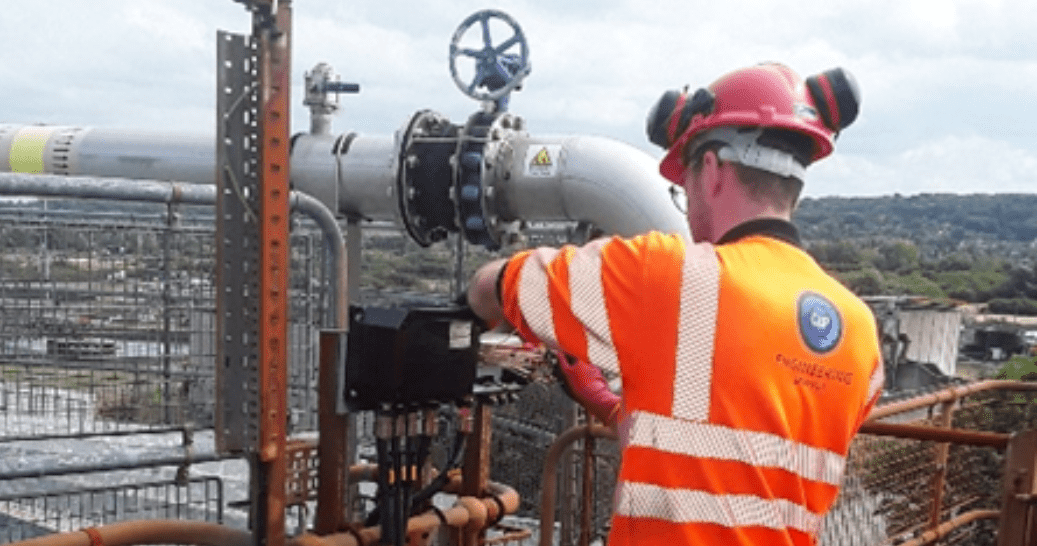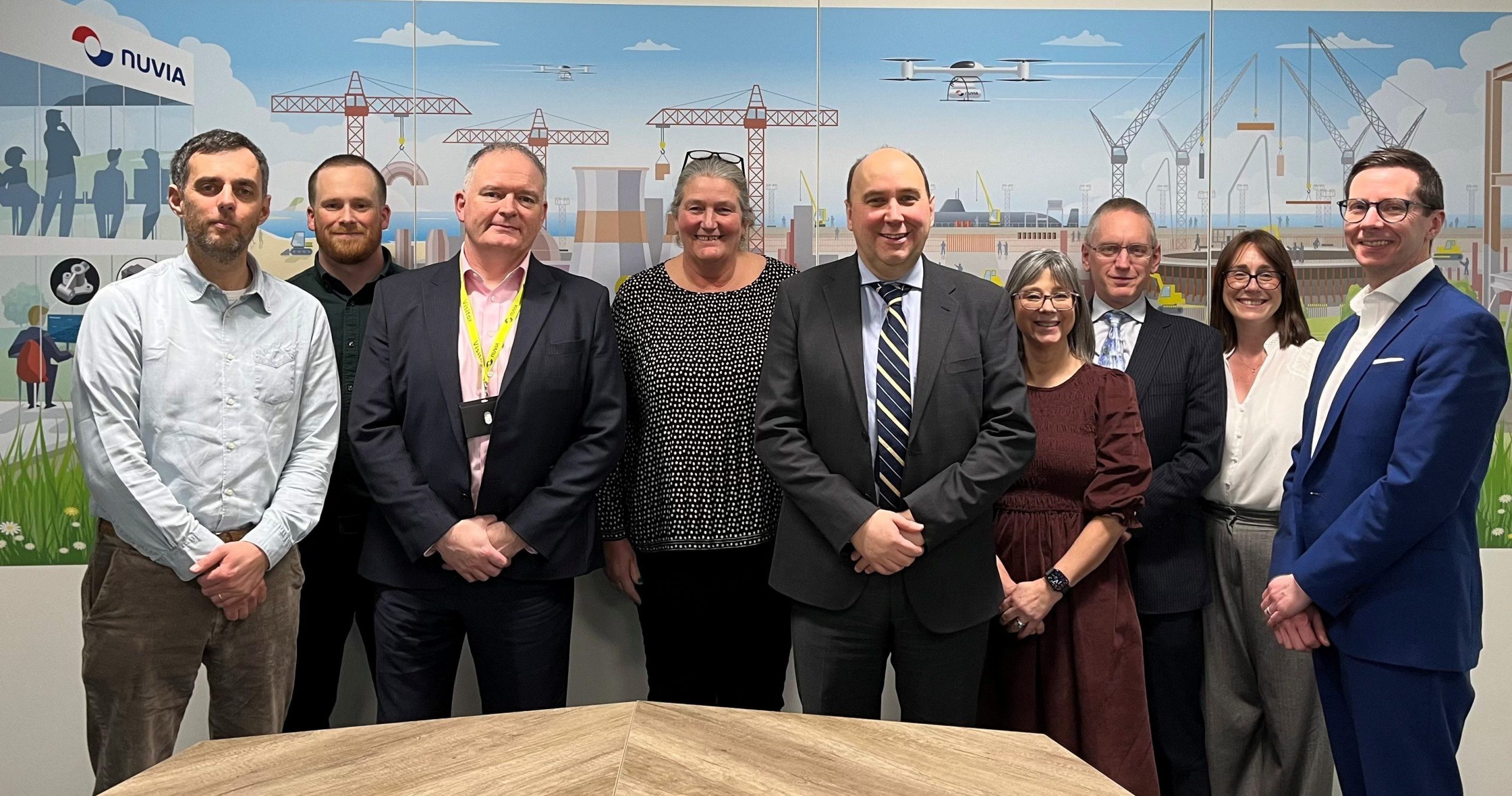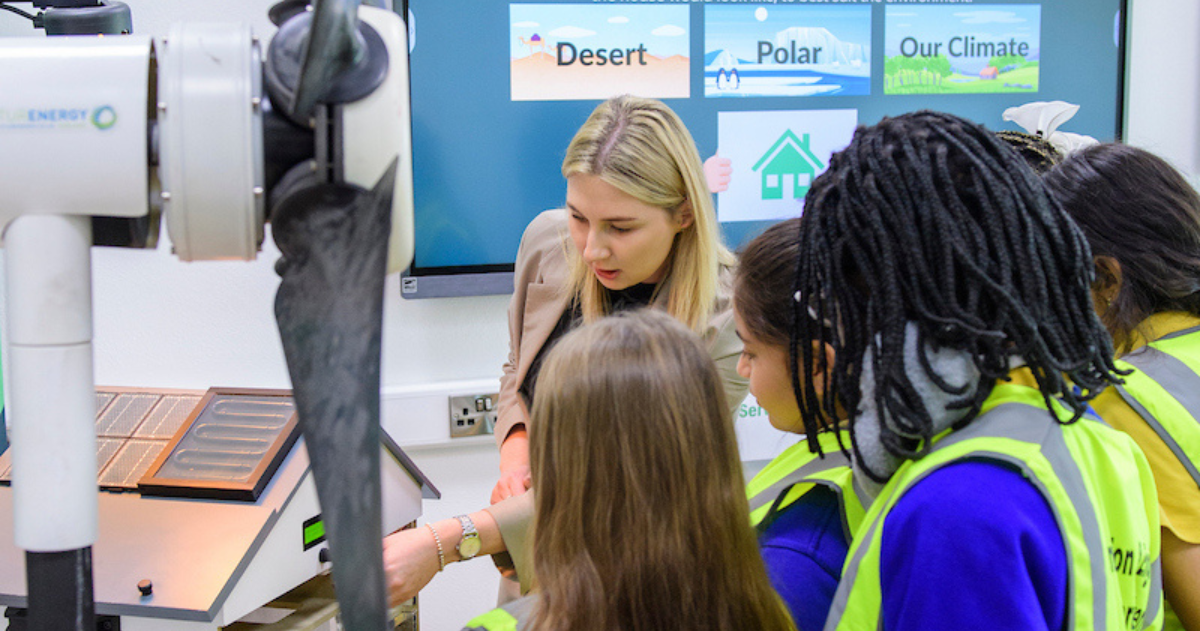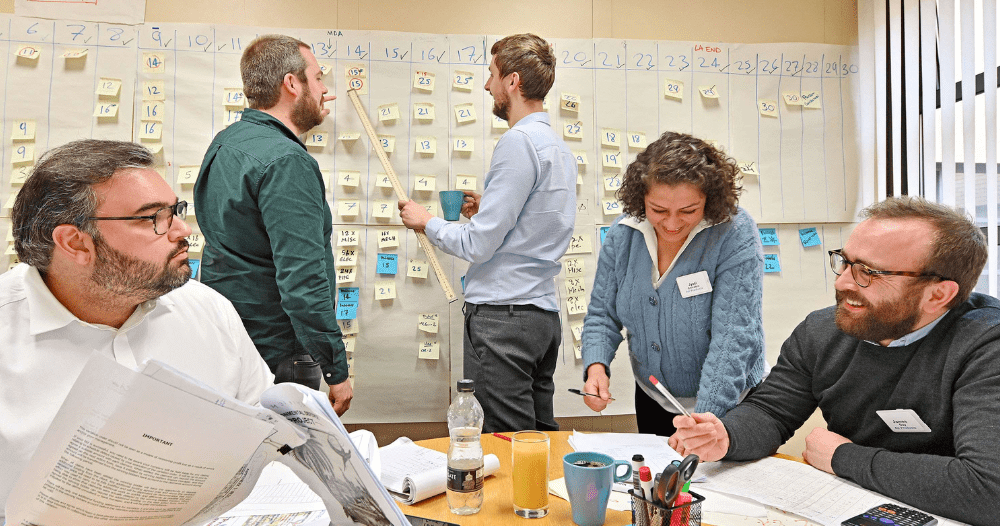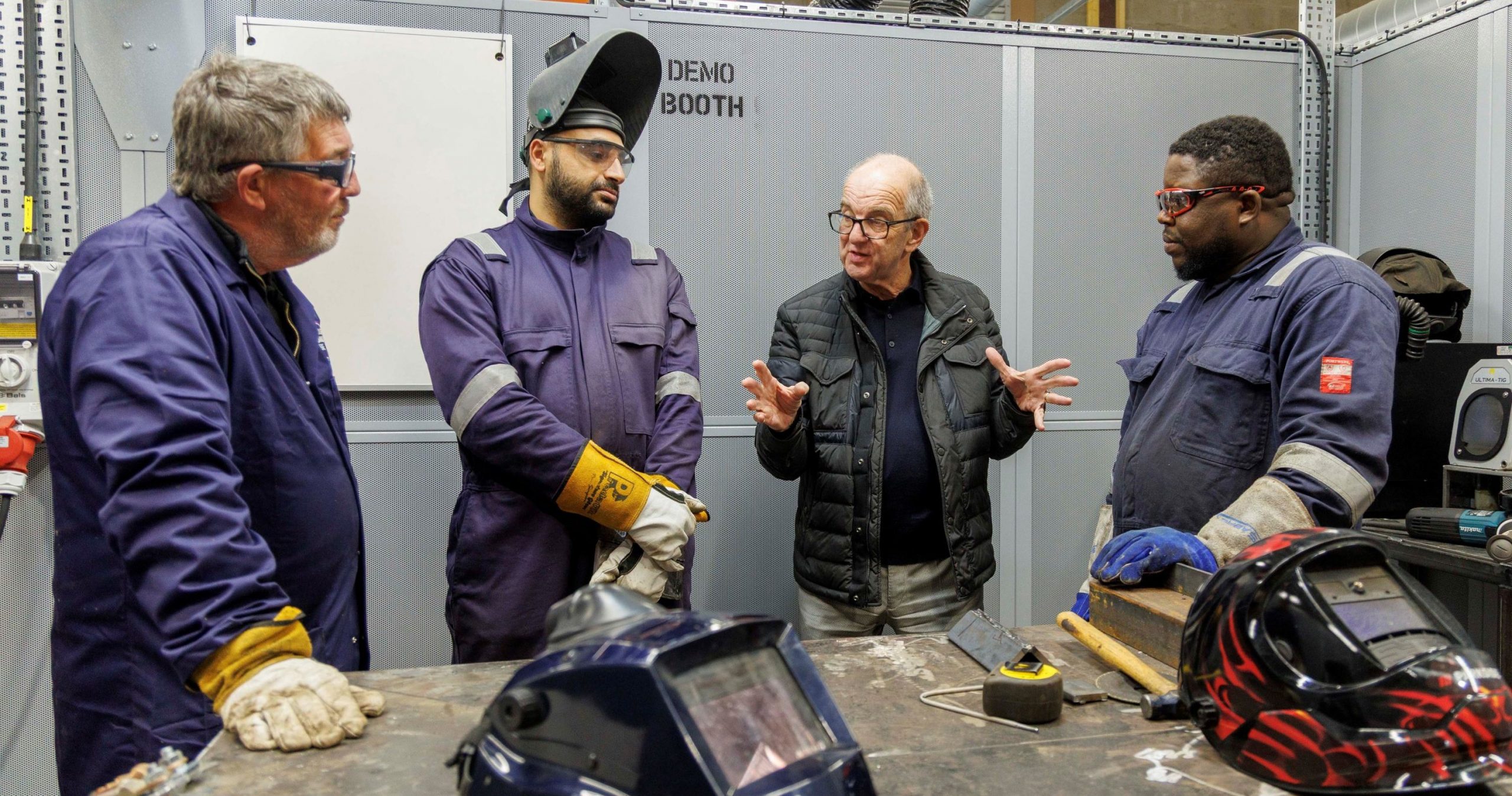“When we first dipped our toes into the water utilities sector five years ago, Tata Steel was our biggest client, accounting for about 35% of our turnover. If we hadn’t made the decision to diversify, we would be struggling.”
That’s the view of Paul Bunyan, CEO of C&P Engineering Services Ltd based in Swansea, as he reflects on the company’s strategic move and development since winning its first framework contract in the water utilities sector in 2020.
The specialist electrical, control and instrumentation company had carried out inspections and project-based work at Tata for 26 years before the blast furnaces at the Port Talbot plant in Wales ceased production in September 2024.
This marked the end of traditional steelmaking at the site as Tata moves towards greener production methods with electric arc furnaces.
The closure resulted in the loss of around 2,800 jobs, with supply chain company C&P reducing workers in Tata from a peak of approximately 32 to just six now focused on maintenance and project work.
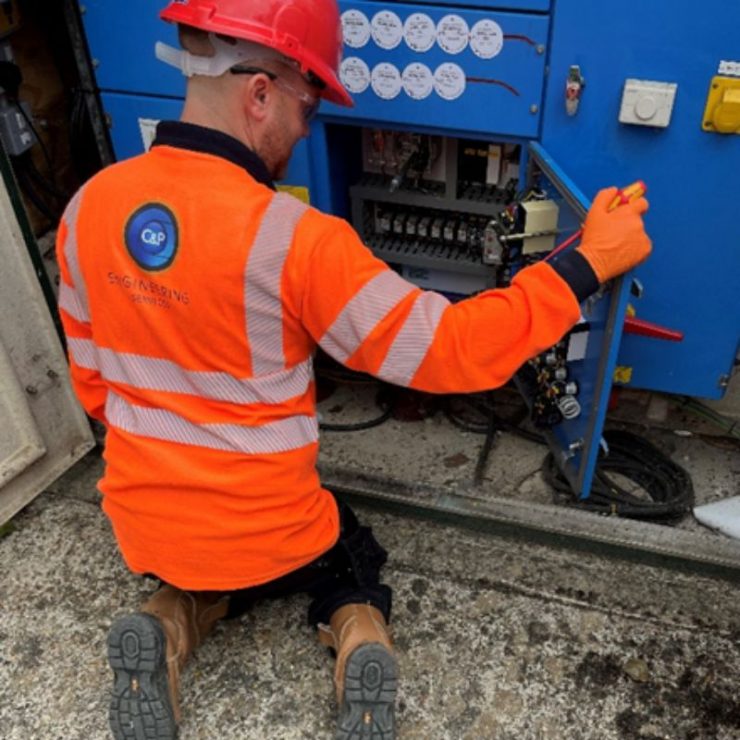
‘Strategic decision’ kept people in work
“It was a massive reduction for us as a big percentage of our workforce were employed at Tata,” Paul explains. “We have been working at Tata since 1999, but in 2016 we realised we may need to diversify.”
That turning point prompted C&P Engineering to invest in new premises, modern equipment and comprehensive employee training – a move that enabled the company to gain the necessary certification to deliver CompEx Training. This investment laid the groundwork for C&P to establish itself as a subject matter expert in hazardous area work.
“This decision helped us secure a framework contract with Thames Water a few years later,” Paul adds. “We then made a strategic decision to target other water companies. Today, we hold four framework contracts within the water industry – with Thames Water, Wessex Water, United Utilities and Yorkshire Water.”
The most recent of these, with Yorkshire Water, began in April 2025, coinciding with the closure of Tata’s blast furnaces. Initially focused on inspection and testing, the new contract led C&P to open offices near Leeds to support operations and drive regional growth.
The company has also significantly expanded its presence within the existing Thames Water framework. “Since the Tata closure, we’ve increased our labour on the Thames Water contract, particularly at larger sewage treatment works, doubling our workforce from 12 to around 24 workers.”
Supporting this transition, the Engineering Construction Industry Training Board (ECITB) played a key role in enabling the workforce shift. “The ECITB has been great, supporting us with grants to provide the necessary training for staff to work in the water sector. This funding has helped us keep workers in employment,” says Paul.
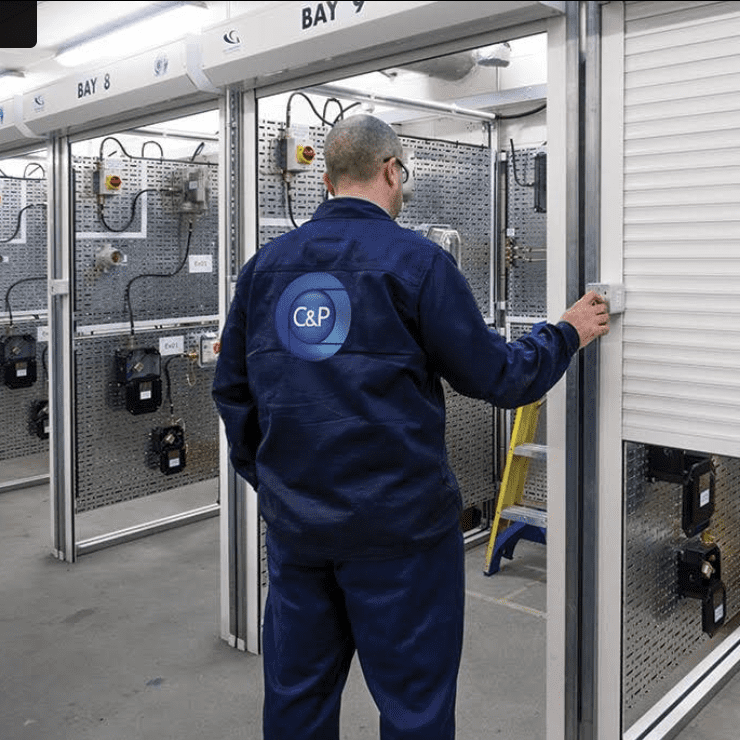
Training requirements
As well as having expertise in design, project management and construction management for electrical, control and instrumentation systems the company has a training facility, C&P Training Services, which is a CompEx and EAL certified training centre.
C&P’s primary training offering is CompEx – a globally recognised certification scheme that validates the competency of personnel working in potentially explosive or hazardous atmospheres across various industries. This specialism became a key enabler during the company’s diversification into the water sector.
Retraining was essential. While many of the technical skills honed during decades of work at Tata Steel were transferable, C&P’s employees needed additional qualifications to meet the safety and compliance standards of the water industry. With funding support from the ECITB, staff were able to complete new CompEx modules, as well as management and supervisory training.
Paul, a former ECITB Council regional chair for Wales, added: “While we never held the principal contractor role at Tata, the water companies have asked us to take on that responsibility on certain projects which has led our team to upskill further, especially in supervisory and site management capabilities.”
Though the company’s core expertise remains in industrial electrical work across both hazardous and non-hazardous environments, diversification has also seen C&P expand its services.
“As part of our work in the water sector, we’ve started delivering mechanical services too,” Paul notes. “That required us to train workers on the CompEx 11 course, which specifically covers mechanical work in explosive atmospheres.”
Taking on more young people
C&P Engineering has around 130 staff. While a few workers left after the Tata closure, the majority stayed on and made the switch to work in water.

“The good thing about working in the water industry is the longer-term contracts you get due to the five-year asset management periods.
“With the record investment in the water sector, there’s so much work taking place at the moment to improve infrastructure. That growth has allowed C&P to focus on the future workforce too.
“We’ve been able to take on around five new apprentices each year, and the majority are still with us. Thanks to the ECITB’s apprenticeship support, we’ve ramped up numbers significantly.”
He also notes the importance of growing talent in a niche trade. “CompEx electricians and ATEX inspectors are a small labour pool – it’s very different to standard industrial or commercial electricians. That’s why one of our key missions is to bring in more young people and develop them through our apprenticeship programme.”
Paul Bunyan
CEO of C&P Engineering Services Ltd
ECITB training grants and apprenticeship support
ECITB training grants, which are funded by the Industrial Training Levy to meet the needs of industry, are paid to employers to subsidise training costs for their workforce. The ECITB works with employers to identify training needs and drive up skill levels. The ECITB also provides grant support to in-scope employers that hire apprentices.

